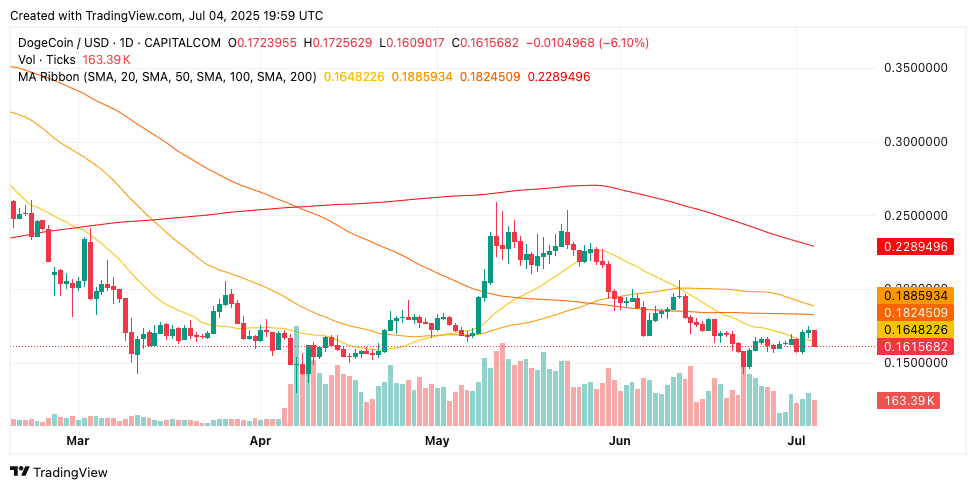Stay informed with free updates
Simply sign up to the War in Ukraine myFT Digest — delivered directly to your inbox.
G7 finance ministers have backed the idea of issuing a loan to Ukraine, secured by profits on frozen Russian assets, in an effort to secure financing for Kyiv beyond 2024.
Ministers’ discussions were based on a US proposal that circulated ahead of the gathering in Stresa, Italy, to issue a loan of about $50bn to be repaid with profits from around €190bn Russian central bank assets. The Russian assets are stuck in Belgian central securities depository Euroclear.
Ministers said they were “making progress” on options to “bring forward” the profits, according to a draft communique seen by the Financial Times. They added that G7 leaders would be presented with options for how to construct the loan ahead of a summit in June.
They also vowed to continue to press China to cut industrial subsidies that they believe are putting western rivals out of business, and said implementing the most significant global tax deal for more than a century was “a top priority”.
The G7 — a grouping of advanced economies that includes all of Ukraine’s big western allies — wants to future-proof funding for Kyiv beyond this year, when critical elections take place on both sides of the Atlantic.
Since Russia’s invasion, Ukraine has relied heavily on western aid for military support and to fund crucial public services.
Many details of the loan are yet to be agreed, including the amount, who would issue it and how it would be guaranteed if Ukraine defaulted on its debt or if the profits fail to materialise, according to people familiar with the discussions.
Europeans are particularly concerned with “fair-risk sharing”, an official said, fearing Europe would bear the brunt of the financial and legal risks and retaliatory action by Russia because the majority of the assets are held on the continent.
The US has also pushed the rest of the G7 to beef up their rhetoric on trade tensions with Beijing.
China’s manufacturing subsidies undermined “our workers, industries, and economic resilience”, the draft communique said, adding that the grouping would “continue to monitor the potential negative impacts of overcapacity and will consider taking steps to ensure a level playing field”.
However, there is discord on what those next steps might be.
While the Biden Administration has already quadrupled tariffs on Chinese electric vehicles, and introduced sharper levies on other clean tech imports to protect green manufacturing jobs in the US, the European Commission has favoured investigations into Chinese subsidies for solar panels, railways and electric vehicles. Beijing retaliated against both US and European imports of chemicals.
EU members, which are more reliant on export trade with Beijing, signalled more reluctance to impose levies for fear of escalating a trade war. “Trade wars only have losers, you cannot win them,” said Christian Lindner, Germany’s finance minister, this week.
While ministers said turning the global two-tiered tax deal agreed in 2021 by more than 135 countries into a reality was a “top priority”, an end-of-June deadline to sign a treaty underpinning one part was unlikely to be met.
Ministers, including US Treasury secretary Janet Yellen, said opposition from India was delaying progress on the so-called Pillar One, which reallocates part of countries’ right to tax multinational companies to the places where they make sales.
Credit: Source link











